Embrace Your Identity: Stories from silences to success
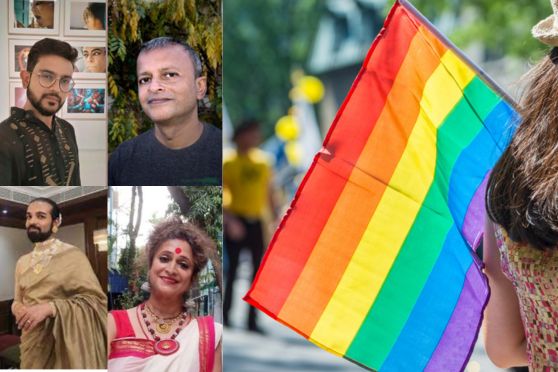

“In terms of sexuality, there is no verbatim Bangla translation of ‘coming out’, because, for us, coming out as a declaration is kind of alien. Queerness is often communicated through actions rather than words. People are most likely to assume rather than necessarily say it!” opined Sandip Roy about the stirring silence encircling the varied shades of sexuality and gender ideas. While this is true for a lot of people who identify as queer, on the other hand, we also have a lot of people, many of them young students, who are confused or fear coming out. They might be fearful about the repercussions they will have to face in terms of expression, inclusivity and career.
Queerness cannot be defined or identified outside any particular historical and cultural context. “Gender is the ‘social coating’ of sex.” As outlined by Judith Butler, “One is not born, but rather becomes, a woman” or 'cultural production of gender' or 'gender performativity'. It is a quasi idea of 'becoming' gender in front of many sociological facets.
To explore the prevalent and current stereotypical thoughts sewed with queerness and the LGBTQIA+ community, we interacted with certain successful professionals who walked their queer path and confronted the biases in their professional sphere, ‘coming out’ successful.
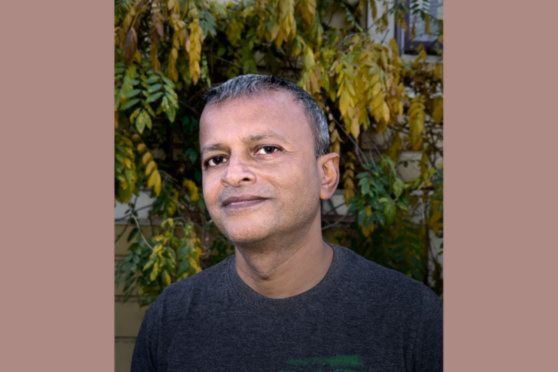
About Silences…
“Parents always want their children to fit in”, said the renowned journalist and writer Sandip Roy while talking about his coming out journey about 20 years ago. For parents, “it was more about homo-ignorance rather than homophobia”. Sandip pointed out that there were not enough accessible resources that could help people to educate themselves on sexuality and its non-binary aspects back then. He feels that “Silence is a rich literary territory while dealing with young adults. Parents still fumble before initiating any conversation about sex and sexuality.”
In such a situation bringing up conversations about queerness becomes even more difficult. “Building the sense of trust among family members is important before coming out, it will only then become easier to deal with the situation after silence is broken.”
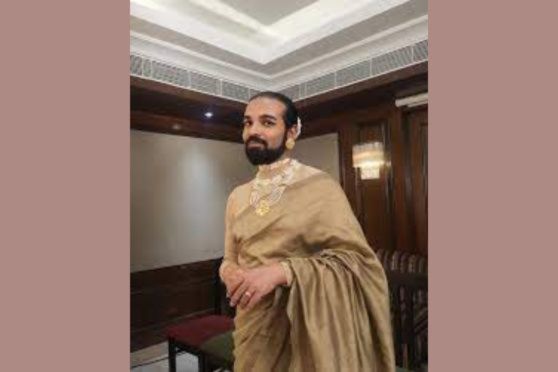
Fashion Enthusiast Pushpak Sen echoes the same thought “I am sure whoever is involved in the fashion industry must have heard at least once in their lifetime, why the people in the fashion industry are ‘gay’ or ‘queer’? My response to that is, irrespective of fashion or film or corporate industry, queer or LGBTQIA+ identities were always there and will be in every segment of life. It is sad that most people cannot accept it truly. There is no particular way of being queer, we can be just ourselves and celebrate who we want to be.”
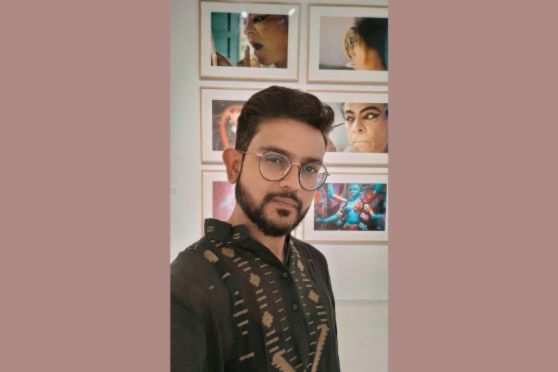
LGBTQ Awareness in Society
Dr. Kaustav Bakshi, Associate Professor of Jadavpur University, Department of English, enlightened us on how LGBTQ studies were officially introduced to academia in the United States in the 1970s. It took more than 30 years for ‘Queer Studies’ to be taught as a separate formal course in Asia. It was first initiated by Jadavpur University, Kolkata in 2005. Holding the hands of the internet revolution and later with social media, international publications and books started becoming more and more accessible in the country.
The cultural and political awareness creation became more prominent with social media. This encouraged academic administrators to incorporate it in their syllabi and the discourse about queerness to become more accessible.
A lot of NGOs came up demanding rights for queer people, with the entire movement revolving around the striking down of Section 377. “The university campuses were the epicentre of such movements and the protest to legalise Section 377 has built a sensible amount of awareness,” added Prof Bakshi highlighting how students and academics led from the front when it came to claiming their rights.
However, despite this juncture of enhanced social and academic awareness, we saw a different facet of the discourse when we spoke to Dr Manabi Bandopadhyay, Principal of Krishnagar Women's College in Nadia, West Bengal, the first transgender principal in India. Dr Bandopadhyay says, “education that develops your conscience is missing - not certificate-oriented, but rather education that makes you confident and teaches you to think for yourself and not be swayed by the thoughts of other people”.
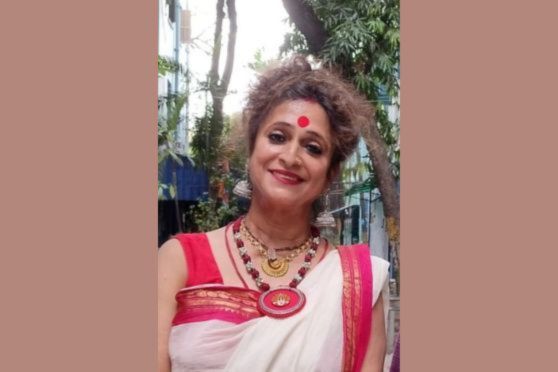
According to Dr Bandopadhyay “teaching helps me to sustain and survive against all odds, because of the love that I receive from my students. I teach them to identify their purpose in living through their inner senses, as we are more accustomed with the rote method of education but we are lagging much behind when it comes to educating our own self”.
Dr Bandopadhyay also offers valuable insight into the differences between urban and rural queer and sexuality sensibilities among students and her colleagues. She despised all the contempt she received from her peers that were directed at her because of her sexuality. These comments caused her to suffer a separate battle with herself. She resorted to yoga and meditation and conquered her battle. She added “when that battle is over with yourself, external opinions don’t affect me anymore. I am a professor and I am good at it, and that's all that matters to me!”
Pushpak Sen also talked about the sense of responsibility that weighs on him. “It's not easy at all being me. The recognition I received because of the way I fashion myself makes me responsible for the people who look up to me. If I win, they will also win. If I fail I hope they learn from my mistakes.”
If there is one thing that everyone discovering their identities should keep in mind - it is that nothing should ever get in the way of your dreams. Whatever the obstacles, the strength to overcome them and pursue your dreams is also within you.